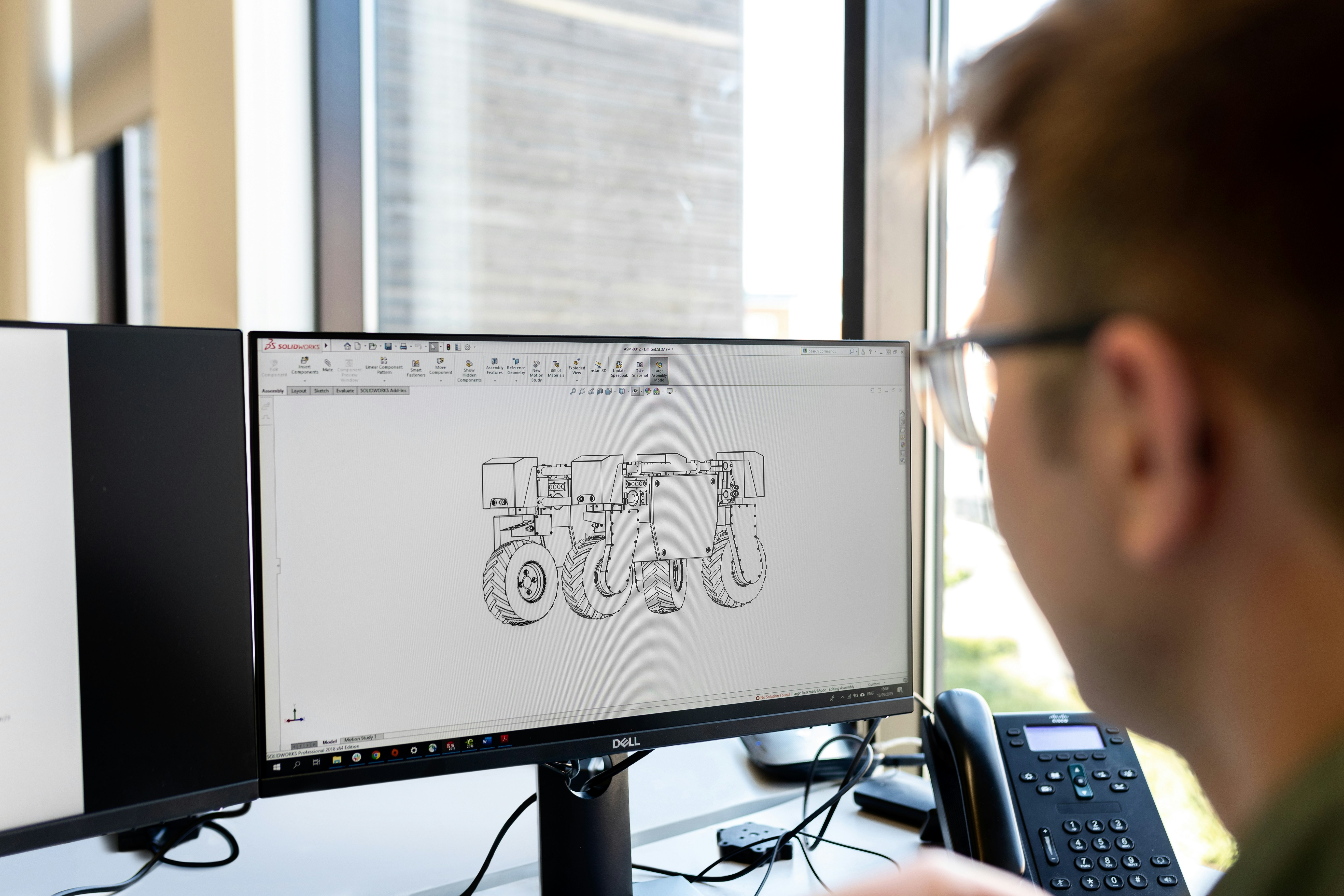Embracing the Future: Exploring the Impact of Industry 4.0
In the realm of robotics and automation, one concept looms large: Industry 4.0. As we stand on the cusp of a new era defined by technological innovation, Industry 4.0 represents a paradigm shift that promises to revolutionize the way we work, produce, and interact with technology. In this article, we’ll delve into what Industry 4.0 entails, why it’s crucial, how automation could transform different industries, and the profound changes it brings to the workplace.
What is Industry 4.0?
Industry 4.0, often referred to as the Fourth Industrial Revolution, is a transformative approach to manufacturing and production that integrates digital technologies, automation, and data exchange to create smart, interconnected systems. It encompasses a range of cutting-edge technologies such as the Internet of Things (IoT), artificial intelligence (AI), robotics, cloud computing, and data analytics, all aimed at optimizing industrial processes and driving efficiency.
Why is Industry 4.0 Important?
Industry 4.0 holds immense significance for businesses and economies worldwide. By leveraging advanced technologies and data-driven insights, companies can achieve unprecedented levels of productivity, flexibility, and innovation. From optimizing supply chains and reducing downtime to enabling mass customization and improving product quality, Industry 4.0 unlocks new opportunities for growth and competitiveness in a rapidly evolving global marketplace.
How Automation Could Transform Different Industries
Manufacturing: In the manufacturing sector, automation plays a pivotal role in streamlining production processes, reducing costs, and enhancing product quality. Automated assembly lines equipped with robotics and IoT sensors enable real-time monitoring and predictive maintenance, ensuring optimal performance and efficiency.
Logistics and Warehousing: Automation is reshaping logistics and warehousing operations, with autonomous robots and drones revolutionizing tasks such as inventory management, order picking, and goods transportation. These technologies improve accuracy, speed, and scalability while reducing labor-intensive manual tasks.
Healthcare: In healthcare, automation enhances patient care delivery, clinical operations, and administrative tasks. From robotic surgery systems and AI-powered diagnostics to telemedicine platforms and smart hospital logistics, automation enables healthcare providers to deliver higher-quality care more efficiently and cost-effectively.
How Industry 4.0 Changes How We Work
Industry 4.0 not only transforms industrial processes but also reshapes the nature of work itself. As automation and digitalization become increasingly prevalent, traditional job roles evolve, and new skill sets become essential. Workers are required to adapt to a rapidly changing technological landscape, embracing lifelong learning, and upskilling to remain competitive in the digital economy.
Example of Industry 4.0 in Action: Third Wave Automation’s Autonomous Forklift
One prime example of Industry 4.0 in action is Third Wave Automation’s Autonomous Forklift. This cutting-edge robot embodies the principles of Industry 4.0 by seamlessly integrating advanced automation and data-driven intelligence into warehouse operations.
Equipped with continual route re-planning capabilities, 3D sensors, and barcode scanning capabilities, Third Wave Automation’s Autonomous Forklift navigates dynamic warehouse environments with precision and efficiency. It operates in narrow aisles, reaching heights of up to 366 inches, and can be driven remotely for added flexibility.
By leveraging this innovative solution, fulfillment centers and warehouses can enhance operational efficiency, reduce labor costs, and improve safety. With the ability to integrate seamlessly without major infrastructure changes, Third Wave Automation’s Autonomous Forklift exemplifies the transformative potential of Industry 4.0 in optimizing industrial processes and driving innovation. In conclusion, Industry 4.0 represents a monumental shift in the way we approach manufacturing, production, and work. By embracing advanced technologies and automation, businesses can unlock new levels of efficiency, agility, and competitiveness in today’s increasingly digital world. With examples like Third Wave Automation’s Autonomous Forklift paving the way, the future of Industry 4.0 is brimming with possibilities, reshaping industries, and empowering organizations to thrive in the Fourth Industrial Revolution.
Reference: https://www.linkedin.com/company/third-wave-automation/




